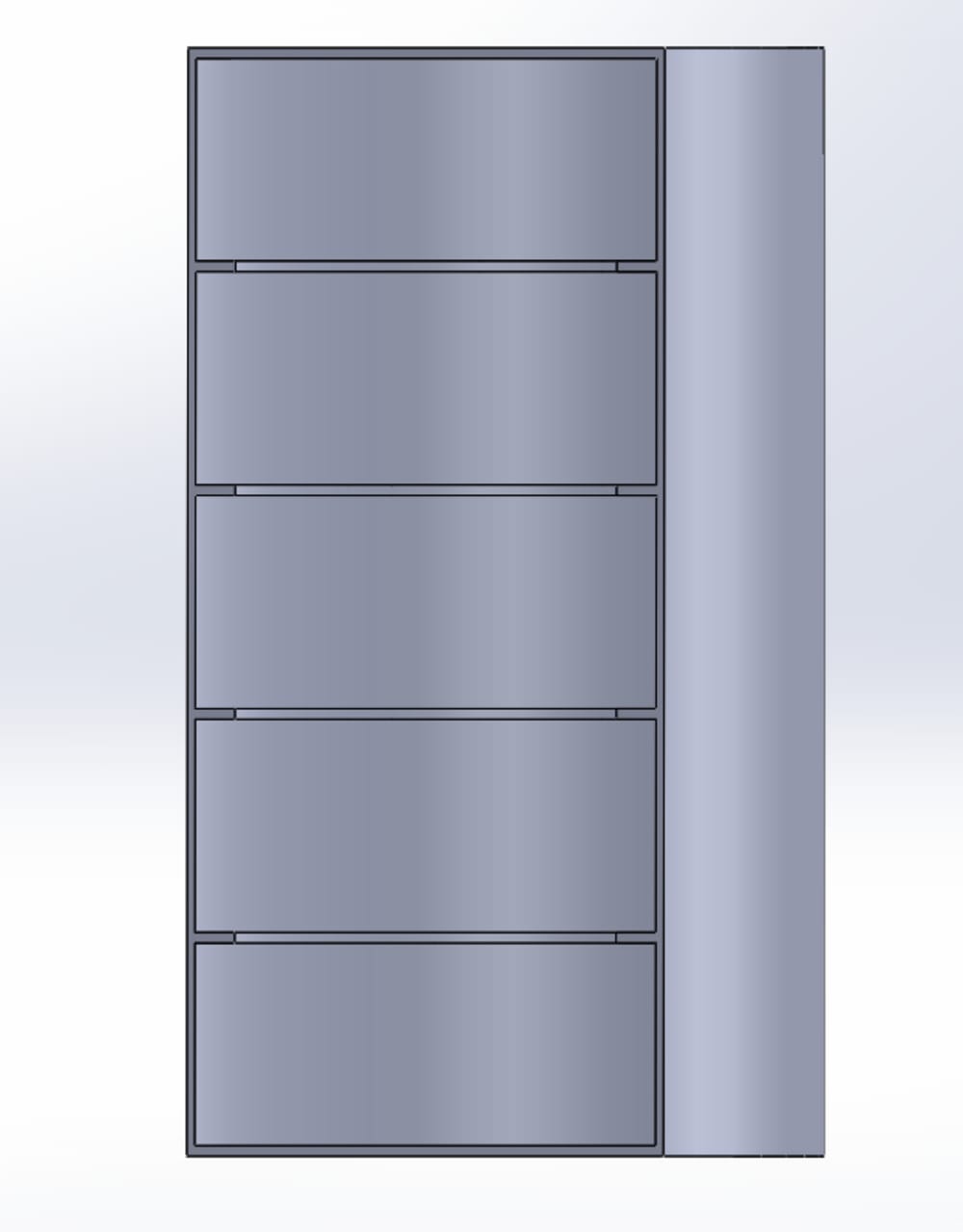The Variable Flow Baffle System represents an innovative approach to optimizing rocket propulsion systems by dynamically controlling the flow patterns and distribution of propellants within the combustion chamber. This system incorporates movable baffles that can be adjusted during operation to improve propellant utilization, enhance combustion stability, and increase thrust efficiency. By harnessing the advantages of this design concept, rocket engines can achieve improved performance and operational capabilities.
Optimizing Propellant Utilization:
The Variable Flow Baffle System addresses the challenge of propellant utilization by dynamically adjusting the flow patterns.
Enhancing Combustion Stability:
Maintaining combustion stability is crucial for the safe and efficient operation of rocket engines. The Variable Flow Baffle System contributes to combustion stability by controlling the flow of propellants. Unwanted instabilities and fluctuations can be minimized by adjusting the baffles to optimize the flow patterns and reduce the potential for destructive combustion processes. This enhanced stability leads to smoother and more controlled combustion, improving the overall performance and reliability of the rocket engine.
Maximizing Thrust Efficiency:
Thrust efficiency is a key factor in determining the performance of a rocket engine. The Variable Flow Baffle System plays a vital role in increasing thrust efficiency by optimizing propellant utilization and combustion stability. The dynamic adjustment of the baffles enables the system to achieve more efficient mixing of propellants, facilitating a more complete and effective combustion process. This optimized combustion translates into improved conversion of propellant energy into useful thrust, resulting in higher overall efficiency and enhanced mission capabilities.
Adaptability to Varying Operating Conditions:
Rocket engines operate in a wide range of conditions, including varying altitudes, propellant flow rates, and flight regimes. The Variable Flow Baffle System offers adaptability and versatility to different operating conditions. The adjustability of the baffles allows for optimization based on specific requirements, enabling the system to perform optimally across various scenarios. This adaptability enhances the overall versatility and performance of the rocket propulsion system.
Potential for Thrust Vectoring:
Depending on the specific design and implementation, the Variable Flow Baffle System has the potential to enable thrust vectoring capabilities. Thrust vectoring allows for controlled changes in the direction or angle of thrust, enhancing the maneuverability and control of the rocket during flight. By adjusting the baffles, the system can dynamically alter the thrust vector, providing greater agility and responsiveness to changing flight conditions.
Conclusion:
The Variable Flow Baffle System represents an innovative and promising concept for optimizing rocket propulsion systems. By dynamically controlling the flow patterns and distribution of propellants, this system offers significant benefits such as improved propellant utilization, enhanced combustion stability, increased thrust efficiency, adaptability to varying operating conditions, and potential thrust vectoring capabilities. The successful implementation of this system has the potential to enhance the overall performance, efficiency, and versatility of rocket engines, leading to advancements in space exploration, satellite deployment, and various other aerospace applications. Continued research and development in this area hold great promise for future advancements in rocket propulsion technology.
Like this entry?
-
About the Entrant
- Name:Jithin Krishna
- Type of entry:individual
- Patent status:none





